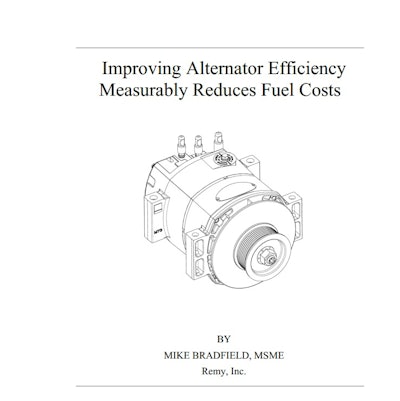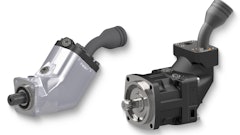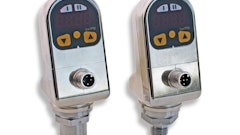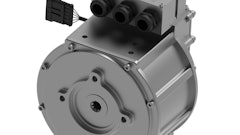
Electrical power on a vehicle is not free. It comes as a direct result of consuming fuel within the engine to drive the alternator. With a typical engine efficiency of 40%, a belt efficiency of 98% and an alternator efficiency of 55%, this leads to an overall energy conversion efficiency of only 21%. Assuming a fuel cost of $4.00/gal, this leads to an on-board electrical power cost of $0.51/kWh, or roughly four times a typical household utility rate. Consequently the fuel costs associated with providing electric power can be quite significant and should no longer be ignored.
The following paper addresses the topic of how improving alternator efficiency can combat this problem by measurably reducing fuel cost. First, a fundamental overview of how an alternator works is given. Each of the major power related elements of the alternator are reviewed: rotor, stator, rectifier and voltage regulator. Next, an inside look at where the actual power losses occur within the alternator is examined. This includes electrical losses, magnetic losses and mechanical losses. This is followed with a discussion on the topic of alternator efficiency from an overall machine standpoint.













